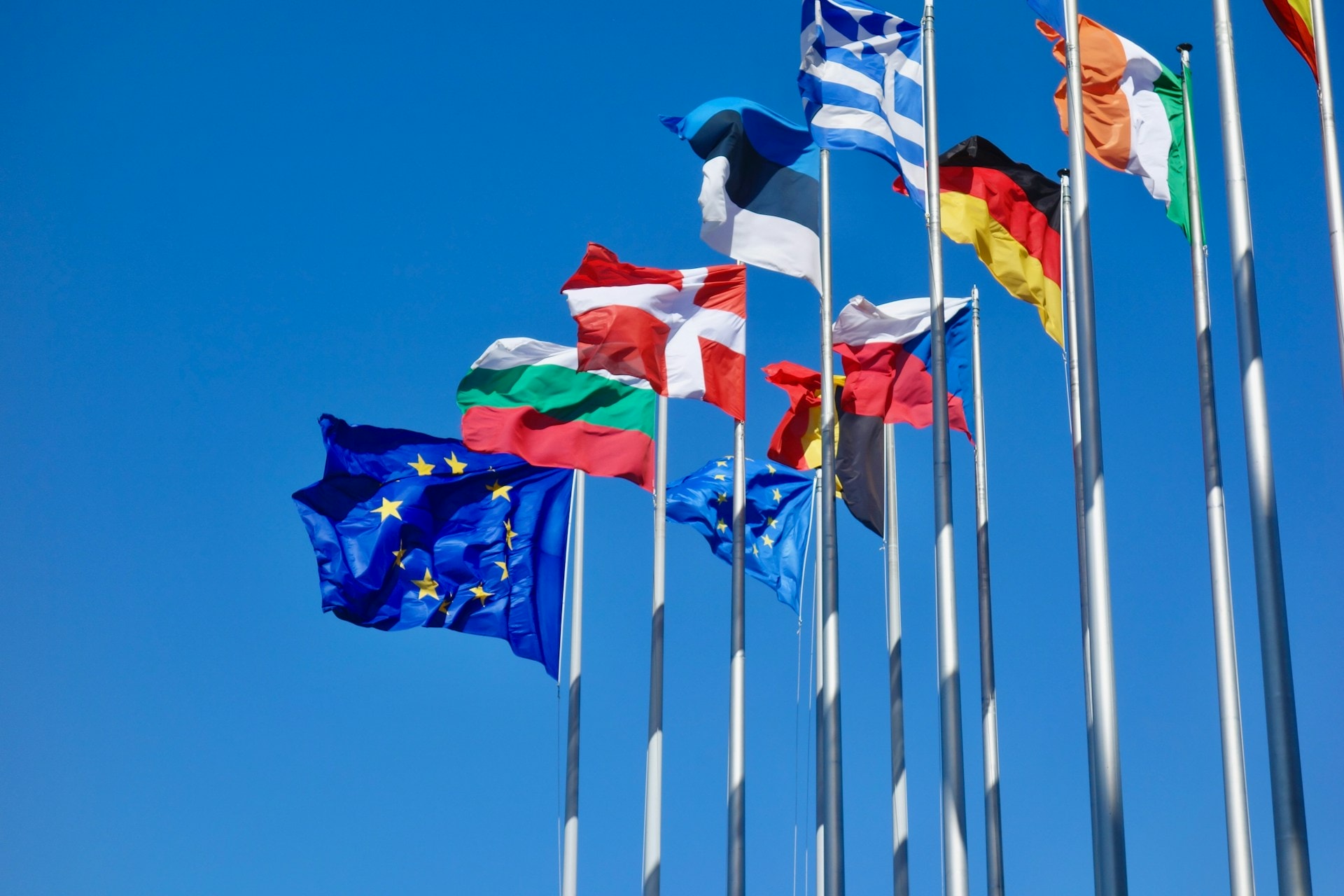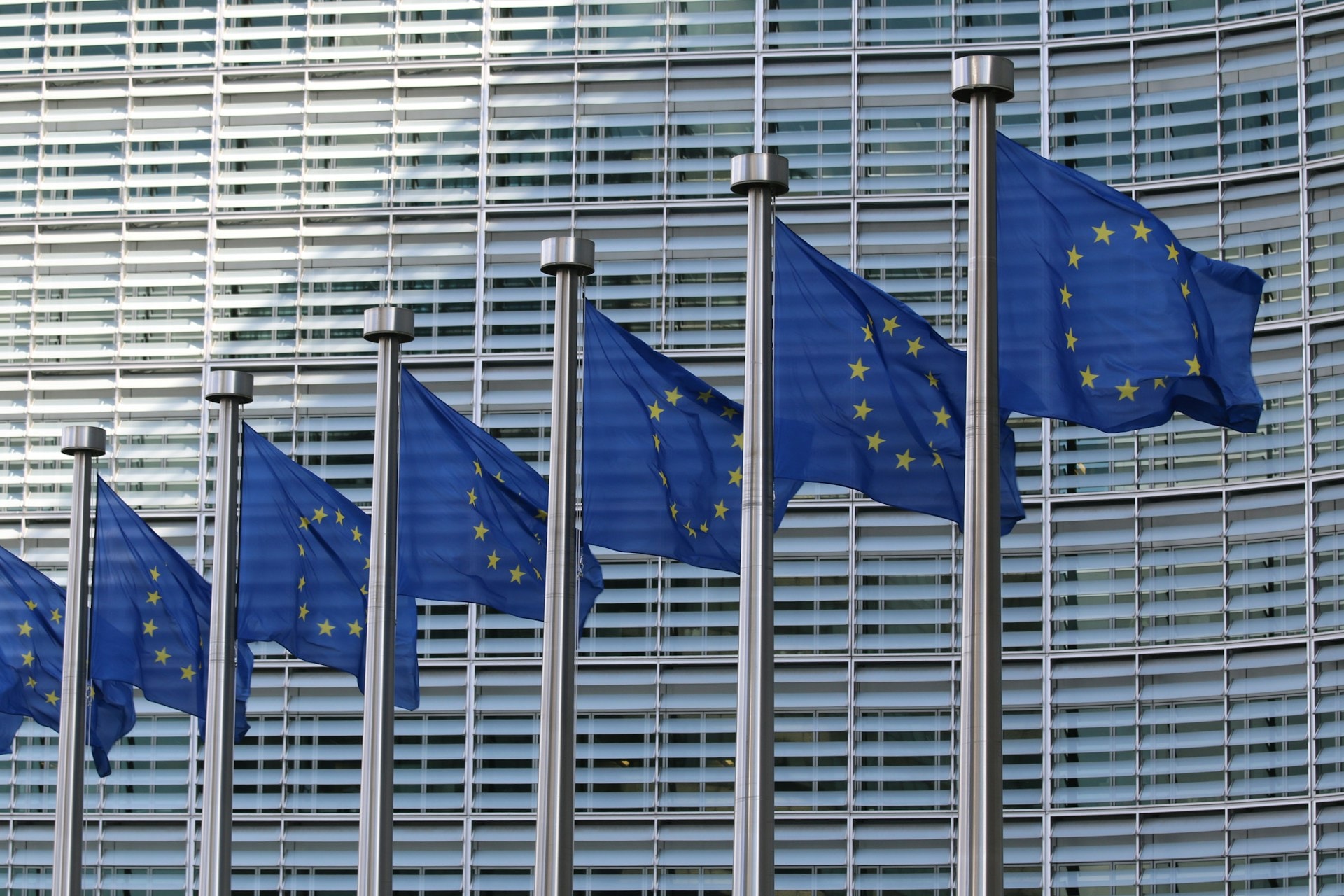Back in 2010, when we first became parents, my husband and I made a decision regarding social media that seemed minor compared to the life-altering responsibility of caring for our new little guy, and all the major parenting choices we knew lay down the road. We decided (drumroll, please), not to post pictures or other news of our son on Facebook. We tried it once or twice, understandably tempted by the ease of photo sharing with eager grandparents, but we felt strange about it and removed the pictures soon after. From then on, we kept to our no Facebook policy and asked others to respect it as well.
By 2013, when our daughter was born, the social media evolution made 2010 seem like the Stone Age. Along with Facebook, we had Instagram, Snapchat and Twitter to consider. We held firm, and broadened our policy to all social media. Our decision placed our family in the minority. Recent studies show 98% of new mothers and 89% of new fathers post pictures of their children on Facebook, and that most kids have 1,000 pictures posted by age 5.
Accordingly, my Facebook feed is filled with pictures of my friends’ kids’ first baths, first foods, first days of school. For the most part, it is fun to have a small window into their lives and connect with those I do not see often. And as for those less adorable, more trying moments? It does help to know they happen to everyone. I often think it would be validating to share my own experiences. I sometimes worry that my kids will feel left out when they realize they are not part of the online extension of their community. Like the proverbial tree in the forest, if their childhood was not documented on social media did it really happen?
 PHOTO CREDIT: Net Doctor
PHOTO CREDIT: Net Doctor
Regardless of how much we choose to engage in social media, it is very much a part of life. An “all or nothing” approach seems both unnecessary and unwise. Despite our no social media policy, we allowed our daughter to attend summer camp when its’ website photographer was there. We do not object if the kids’ schools post pictures of them taking part in school events. We are simply doing our best to ensure that – to the extent reasonably possible – our children will be able to define their own social media presence.
When that time comes, how will we be able to set limits for them we did not set for ourselves? What will we tell them if one of our posts makes them uncomfortable, and cannot be erased? It will be tough enough to teach our kids to distinguish private moments from shareable ones; to convey that, sometimes, a forum that seems private is public; and to demonstrate that the consequences of “virtual” actions can be quite real. We knew our posts would never disappear, and wanted to give our family the benefit of a clean slate in the future.
However, concerns about kids and social media are emerging much sooner and with more urgency than we anticipated. Videos of people harming themselves or others (so prevalent that Facebook just hired 3,000 employees to monitor video content) make it impossible to think of social media as “safe.” Reports of photos lifted from parents’ social media accounts showing up on child pornography websites are a nightmare come true. Identity theft is also a serious concern for children under the age of 6, in large part due to images and taken from social media. Cyberbullying and social media hoaxes have potentially lethal consequences. Schools around the country are compelled to educate children as young as kindergarteners about responsible use of electronics, paving the way for rules about the internet and social media in years to come.
Recent studies show children as young as ten years old are concerned about the information parents share about them online, and would like the opportunity to consent beforehand. Interestingly, privacy laws in countries like France and Germany impose fines and even jail time for parents who post without their child’s consent. However, U.S. privacy laws are based on the premise that parents can consent to (or make) social media posts because they will act with their children’s best interest in mind. This is likely for the best. From a practical standpoint, young families’ lives are so intertwined that a post about a parent is often about a child and vice-versa. Also, children benefit from social media connections with their immediate and extended communities, from sharing birthday party pictures with long distance relatives to receiving virtual cheers of “way to go!” for a milestone or accomplishment.
 PHOTO CREDIT: YWCA
PHOTO CREDIT: YWCA
However, we all know (and probably once were) self-conscious teens who would prefer privacy over “sharenting” under the best of circumstances. If they do not have a legal right to define their own social media presence, perhaps they have a moral one? Are parents obligated to forego some component of their own social media experience so their children can chart their own course? Is this duty heightened because the risks associated with having a social media presence have become far more serious than potential embarrassment over baby pictures?
It is up to parents to weigh the risks and benefits to young children when choosing how they will use social media, and decide which posts are ok and which are best avoided. Arguably, taking on the risks of social media should be a conscious decision made by someone who can derive maximum benefit from their social media interactions. The more meaningfully kids can “opt in” to social media – at their own comfort level and in their own time – the better.
A recent article published in JAMA Pediatrics suggests that many new parents are unaware of the risks posed by social media, and calls on pediatricians to help raise awareness. It is interesting to see the risks with social media given the import of other child safety issues, like car seats and vaccination schedules. It is possible that simply having concerns about social media raised in a medical context will cause parents to pause before reflexively posting about their children.
Key points for consideration include:
- Understanding privacy policies and settings. Many parents do not realize that companies have rights to use posted images without permission. Also, they may not be aware of how many people can see their posts. Children benefit from social media interactions with their community, not the mom of your former best friend from high school.
- Asking (or waiting) for consent. For kids who are not old enough to consent, parents should imagine how their child might feel reading a critical or embarrassing post in the future. What if this information were accessed by a potential date, employer or college admissions officer? If it seems cringeworthy, don’t post it.
- Maintaining confidentiality. Information given in confidence should not make its way to social media. This includes information about a child’s health or behavioral struggles. If posting is somehow a “must,” try to find an anonymous way.
- Being safe. Parents should be cautious about how children are dressed, and whether pictures are stamped for date and location. Today’s children will ultimately want to be in control of how they are portrayed online. It will be interesting to see how they choose to tailor their own profiles and those of their own children. For now, it is every parent’s responsibility to monitor the risks and benefits of social media, and do the best they can to protect their kids.
 PHOTO CREDIT: George Rudy
PHOTO CREDIT: George Rudy
If we were as informed in 2010 as we are now, my husband and I would not have thought twice about putting the kibosh on social media postings. We would probably be more vigilant, nixing the few times our kids’ images have appeared online.
However, total lockdown is not a permanent solution, or even a lasting one. All kids, including ours, will eventually access social media. Our children’s social media choices will evolve along with social media itself.
In the meantime, communities can raise awareness of existing/emerging risks and educate adults/children about best practices for privacy protection. By providing these suggestions, parents can draw a reasonable line between their social media presence and those of their children. By informing social media participants about best practices, we will pave the road for all children to safer ways in engaging on social media.














